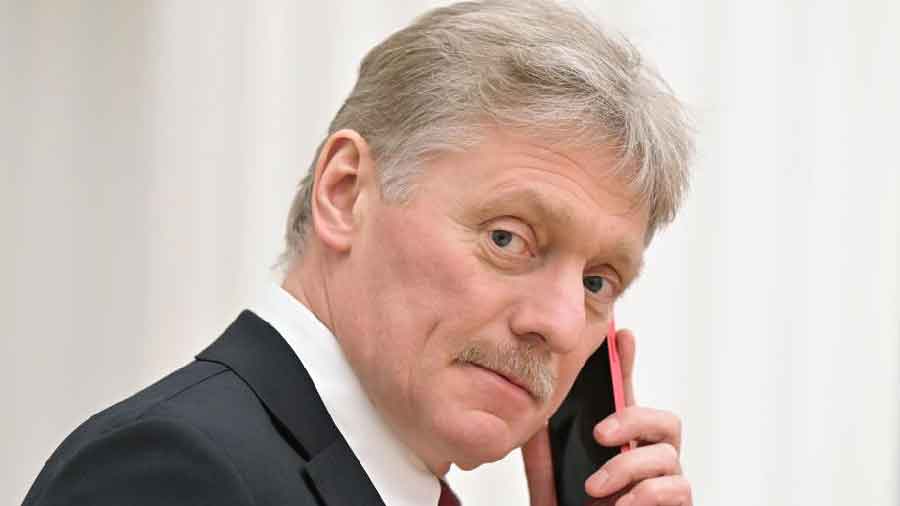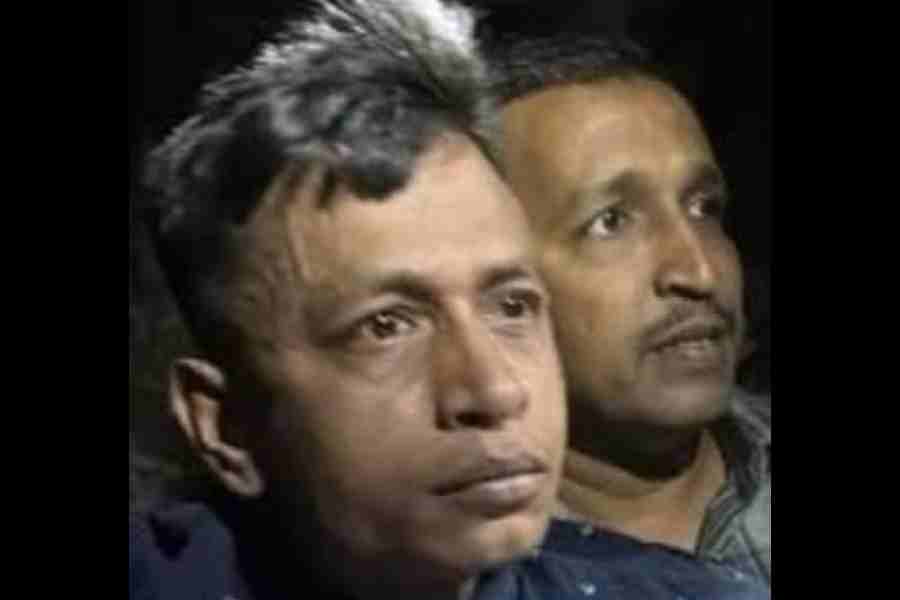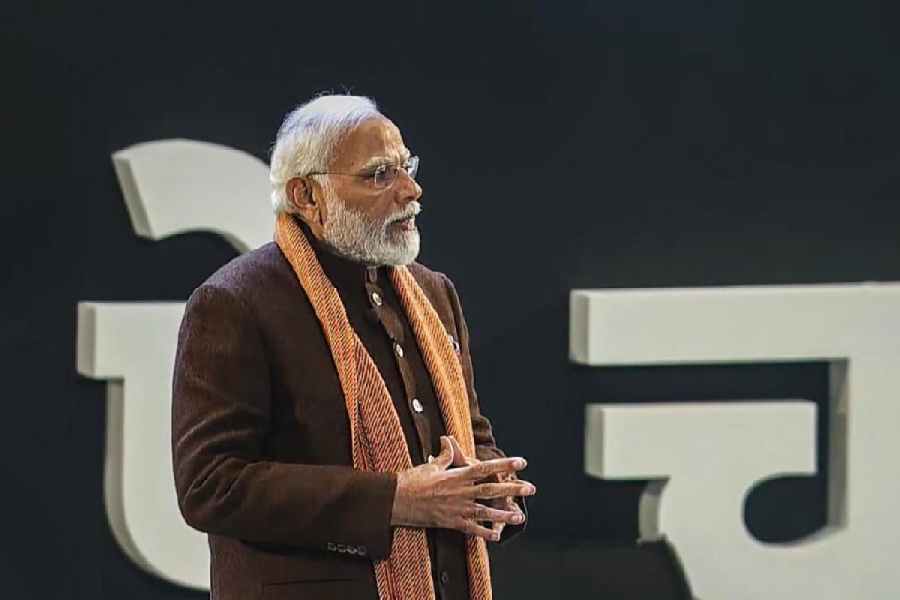Russian gas supply to Europe via the Nord Stream 1 pipeline fell further on Thursday and Moscow said more delays in repairs could lead to suspending all flows, putting a brake on Europe’s race to refill its gas inventories.
The faltering flows came as the leaders of Germany, Italy and France visited Ukraine, which is pressing for swifter weapons deliveries to battle invading Russian forces and wants support for Kyiv’s bid to join the EU.
Russia’s state-controlled Gazprom said it was reducing gas supply for a second time in as many days via Nord Stream 1, which runs under the Baltic to Germany.
The latest move cuts supply to just 40 per cent of the pipeline’s capacity.
Kremlin spokesperson Dmitry Peskov said reductions in supply were not premeditated and related to maintenance issues, a reference to earlier comments saying Russia was unable to secure the return of equipment sent to Canada for repairs.
Germany said Russia’s excuse was technically “unfounded” and was instead aimed at driving up gas prices. Italy said Moscow might be use the issue to exert political pressure.
Dutch wholesale gas prices, the European benchmark, jumped around 30 per cent on Thursday afternoon.
Russia’s ambassador to the EU told state news agency RIA Novosti flows via the pipeline could be completely suspended because of problems in repairing turbines in Canada.
Alexey Miller, the chief executive of Gazprom, the state-controlled company with a monopoly on Russian gas exports by pipeline, said western sanctions made it impossible to secure the return of equipment from Canada for the pipeline’s Portovaya compressor station.
Germany is not alone in facing falling supplies. Austria’s OMV said Gazprom informed it of reduced deliveries, France’s Engie said flows had down but clients were not affected, while Italy’s Eni said it would receive 65 per cent of the volumes it had requested from Gazprom.
The Italian government said all possible measures were in place to deal with the situation if gas supply cuts from Russia continued in coming days. Other European countries have also drawn up contingency plans.
Adding to the challenge, Nord Stream 1 will shut completely during the pipeline’s annual maintenance on July 11-21.
Norway, Europe’s second biggest exporter behind Russia, has been pushing up production to help the EU towards it target of ending reliance on Russian fossil fuels by 2027.
Britain’s Centrica signed a deal with Norway’s Equinor for extra gas supplies to the UK for the next three winters. Britain does not rely on Russian gas and can also export to Europe via pipelines.
European states have also boosted liquefied natural gas (LNG) imports but Europe has limited LNG import capacity and the already tight LNG market has faced additional challenges with disruptions to US LNG production.
Grain ships
Russian-flagged ships have been carrying grain harvested in Ukraine last season and transported it to Syria, US satellite imagery company Maxar said on Thursday.
Maxar’s images showed two Russian-flagged bulk carrier ships docked in the Russian-controlled Crimean port of Sevastopol in May and being loaded with grain, the company said. Days later, Maxar satellites collected images of the same ships docked in Syria, with their hatches open and semi-trucks lined up ready to haul the grain away, Maxar said.











